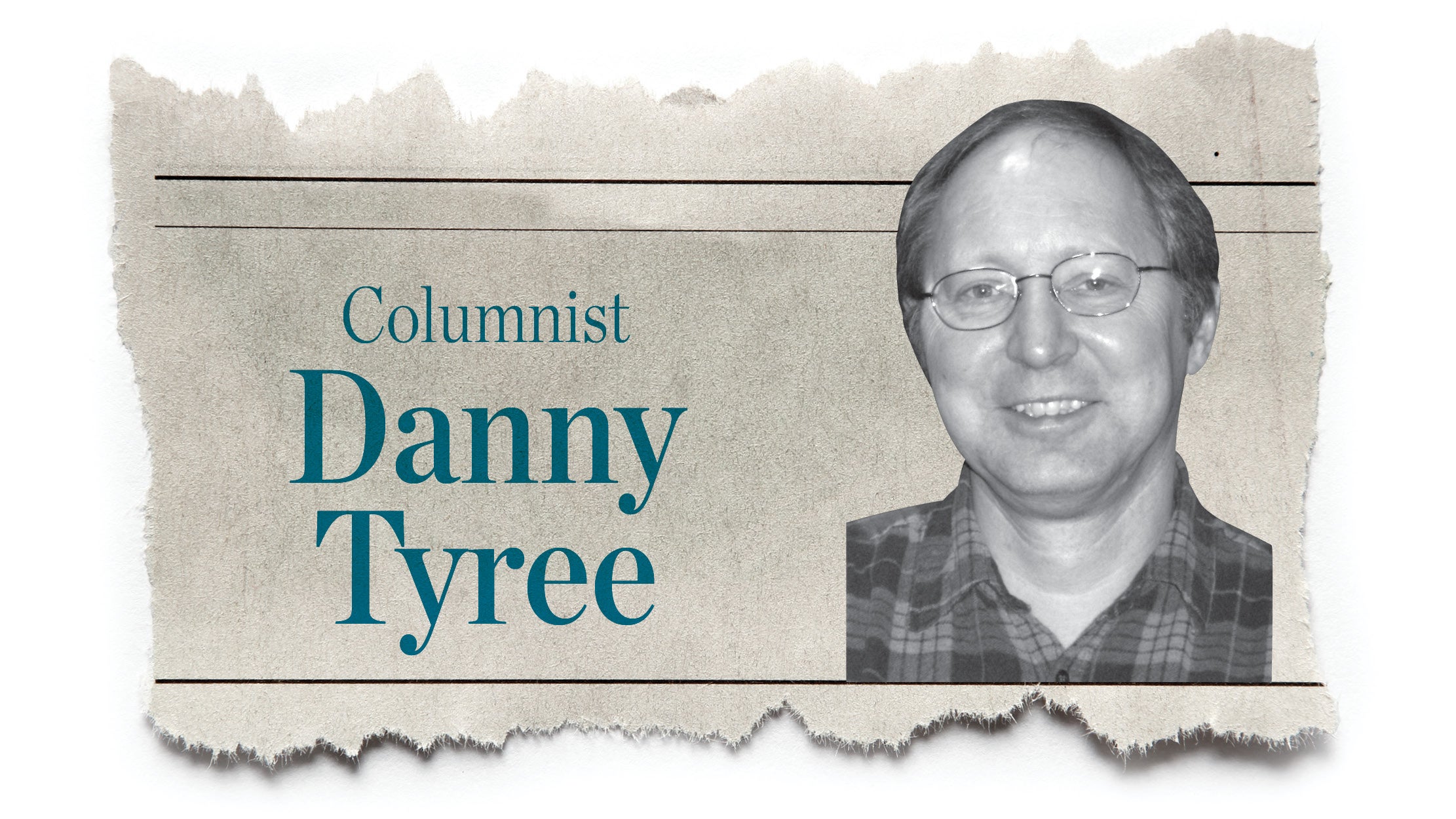Treatment is offered to infants born dependent
Published 8:29 am Saturday, April 21, 2018
Babies are not addicted.
When a baby is exposed to a neuroactive substance like opioids while they are still in the womb, they can become dependent on that substance. This does not mean that those babies are addicted. It may seem like the same thing, but the differences can strongly impact how we address these most vulnerable members of our community.
Dependence is a physical condition in which a body relies on a substance to prevent withdrawal, and it is not exclusive to opioids. Caffeine, nicotine and sugar are all substances known to create dependency. Dependency can be medically managed until the body no longer experiences withdrawal in the absence of the substance.
Addiction is when dependence manifests with uncontrollable cravings, compulsivity, and mental preoccupation that collectively lead to compulsive drug use, typically, despite clear detrimental effects. The babies that are exposed to opioids or other drugs prenatally do not possess the neurobiological structures for compulsivity and do not exhibit drug seeking behaviors.
They are not “drug babies” or “addicted babies,” they are just babies that require specialized care at the start of their life.
Why does it matter?
There can be long term effects from in utero chemical exposure. That is why Marshall University’s top child development specialists have set up a special clinic at River Valley Cares to address the special needs of children born with drug dependency. The detrimental effects of the drugs can, in the vast majority of cases, be treated to prevent significant long-term behavioral or cognitive impairment. The environmental effects of an unstable home life, however, can have severe long-term effects.
As an example, long-term evidence shows that the chemical effects for babies exposed to crack-cocaine in the late 1980’s and early 1990’s was not substantial. All of the negative stigma and bad press turned out to be more detrimental than the long-term exposure effects. “Crack baby” was often used as an excuse for poor parenting and a judgmental community response. Moms were punished and the babies did worse. We all need to be held accountable for our actions, especially those with substance use issues, but the path to recovery should never be closed by the community.
Separating a child from his or her mother is traumatic for both, regardless of the circumstances. Many of the women that suffer from substance use disorder are a danger to themselves and to their children, but not all of them. In fact, it is the minority. However, when we negatively stigmatize either mom or baby, the affect is to pressure parents, and even foster parents, of these children to avoid treatment.
They are not addicted and they are not “drug babies,” they are babies. Every baby in this community needs and deserves guidance and affection.
Todd Davies is associate director of research and development for the Division of Addiction Sciences at the Joan C. Edwards School of Medicine at Marshall.





